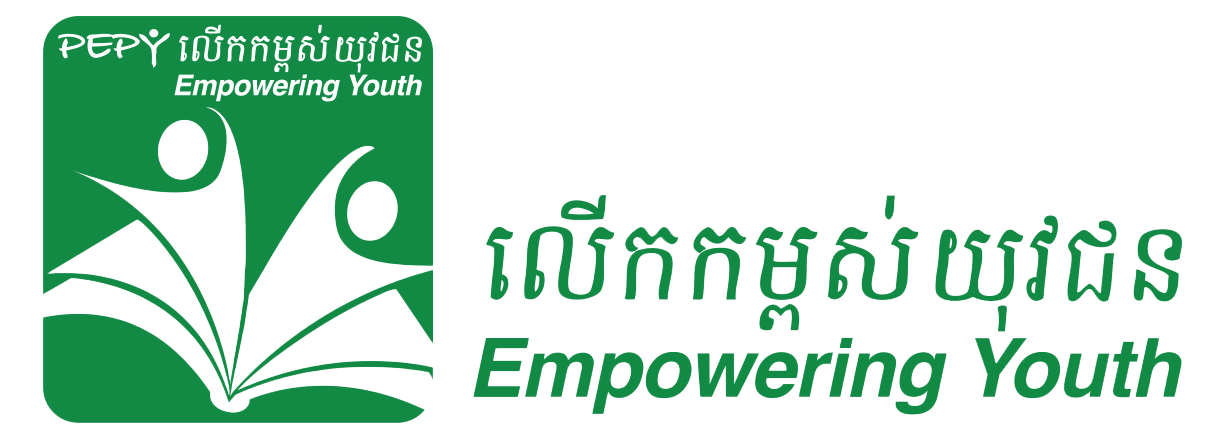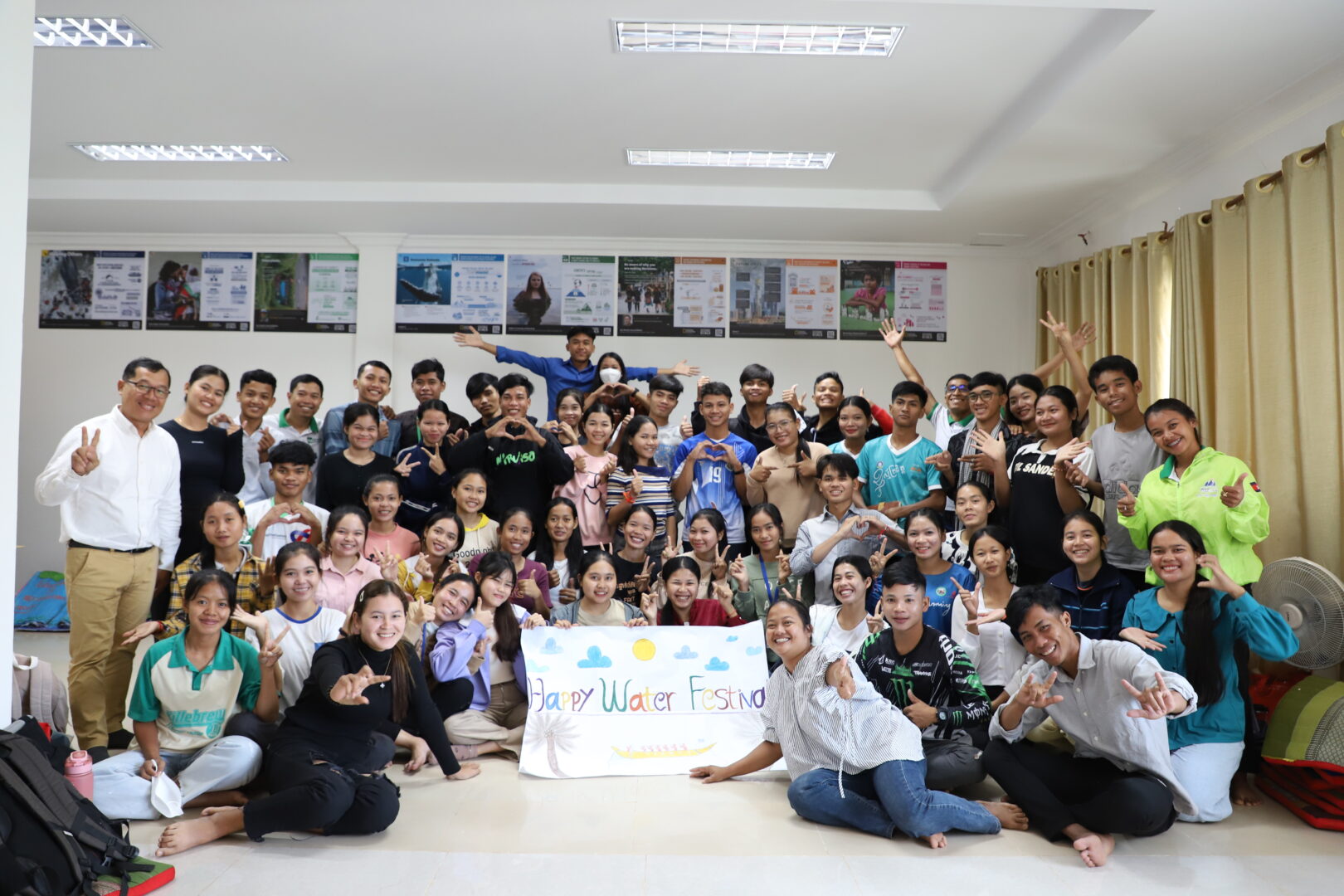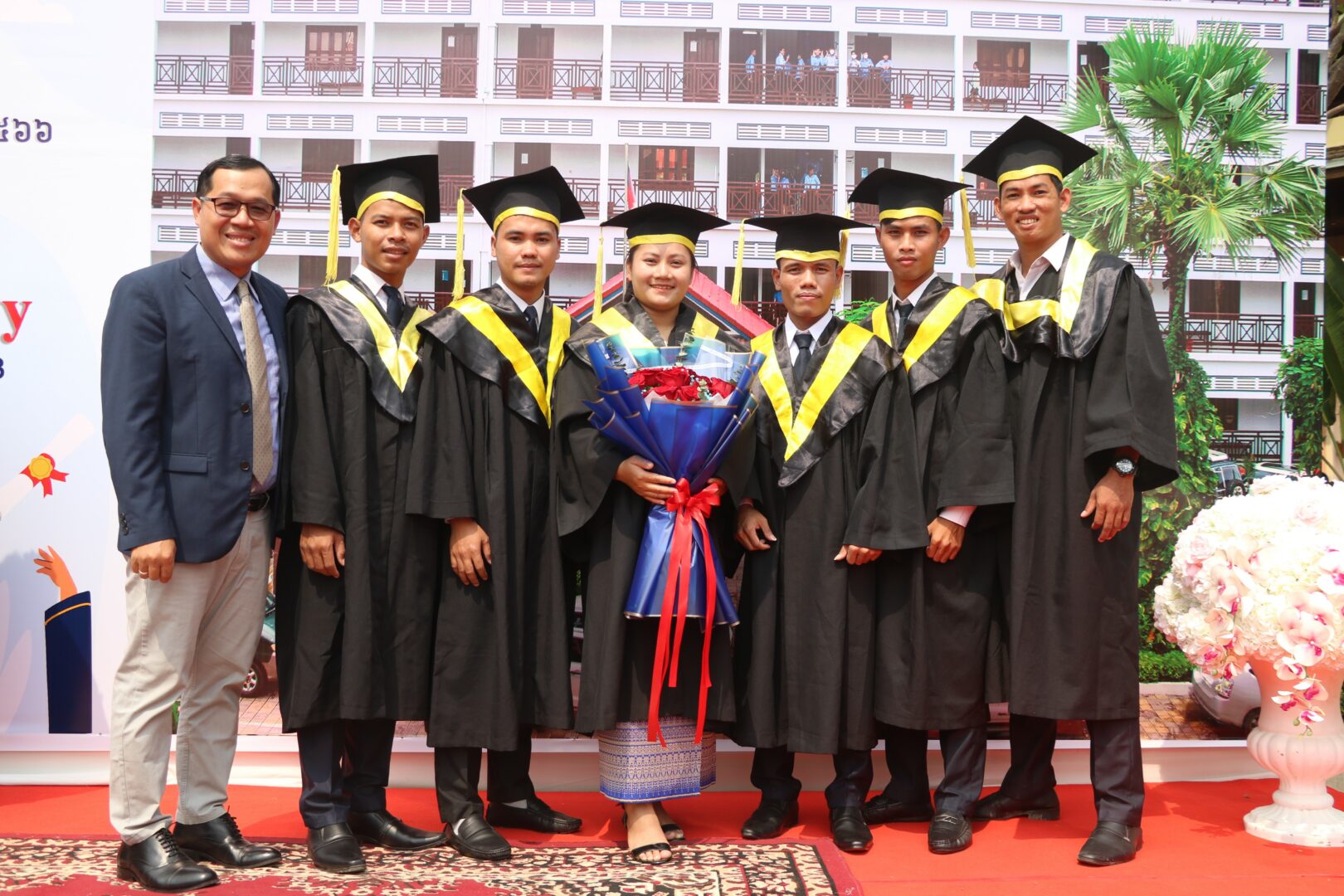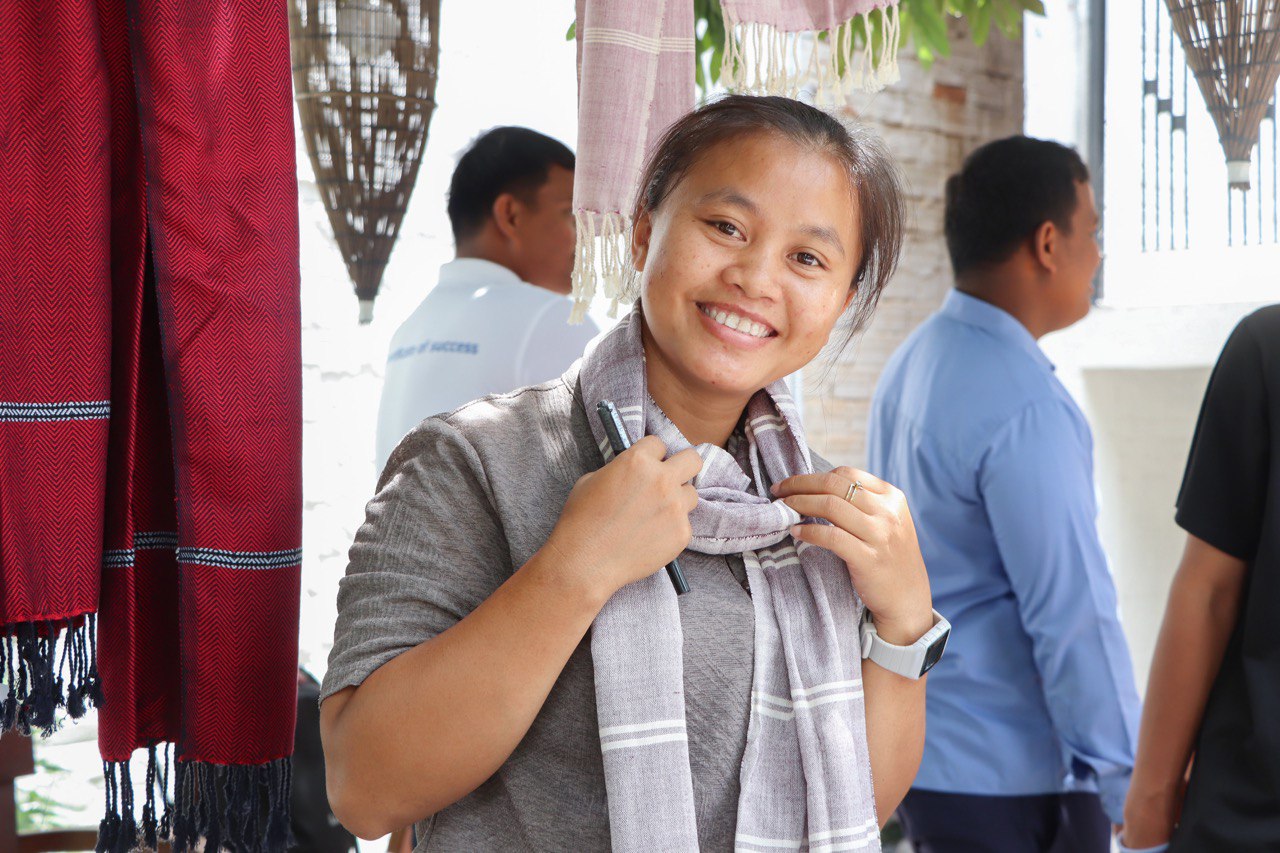
2012-13 Quarterly Reports
January 30, 2013
Talking Tags – PEPY takes part in the “Global Buzz” on the dangers of labeling people
February 22, 2013SAS on the road: PEPY’s SAS team visit Odor Meanchey Province
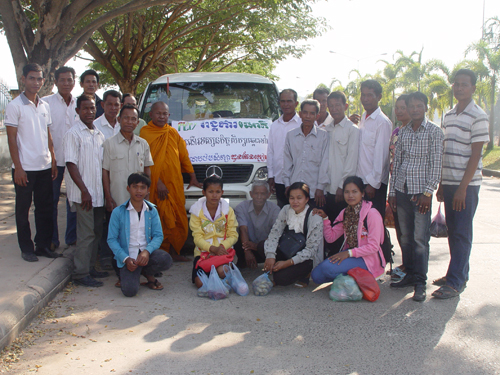 One of PEPY’s core values is “Collaborate, both within and beyond”. We realize that through collaboration we can meet people who share a common goal, ask questions, come up with solutions through dialogue and receive feedback. PEPY’s Sahakoom Apeewaht Sala (SAS – translates as “Communities Developing Schools”) program recently conducted a study tour to the Don Ken Phneat (DKP) Primary School in Odor Meanchey Province. This tour forms part of the SAS program’s plans to visit a school in a different province every year in order to learn and share ideas. Four teachers from the Run school attended, including the principal, along with thirteen members of the School Support Committee (SSC) and two representatives from the student council. They met with the school principal at DKP primary school, five teachers, and three members from their SSC as well as one representative from the Ministry of Education, Youth and Sport (MOEYS).
One of PEPY’s core values is “Collaborate, both within and beyond”. We realize that through collaboration we can meet people who share a common goal, ask questions, come up with solutions through dialogue and receive feedback. PEPY’s Sahakoom Apeewaht Sala (SAS – translates as “Communities Developing Schools”) program recently conducted a study tour to the Don Ken Phneat (DKP) Primary School in Odor Meanchey Province. This tour forms part of the SAS program’s plans to visit a school in a different province every year in order to learn and share ideas. Four teachers from the Run school attended, including the principal, along with thirteen members of the School Support Committee (SSC) and two representatives from the student council. They met with the school principal at DKP primary school, five teachers, and three members from their SSC as well as one representative from the Ministry of Education, Youth and Sport (MOEYS).
This tour was facilitated by PEPY’s Heat Kdat and the main points of learning varied from topics such as management and leadership to the environment. Heat covered topics on how to provide technical support to teachers, manage the school budget, help define the role and responsibilities of teachers in school and also gave tips on how to communicate with the community, SSC, NGOs, donors and other school partners. In discussing school environments, the focus was on how to create a climate on the school premises that was conducive for learning, and also how to keep the general surroundings clean.
Heat also facilitated capacity building for the teachers where they were taught how to organize their class, prepare a lesson plan, develop material for the lesson, and motivate the students, as well as techniques on how to provide support to the weaker students in the class. It was also a refresher course for the teachers on how to make their classes more fun. Capacity building is important for teachers because it enables them to have a positive impact on the lives of the students and enhances their ability to cope with change and unforeseen challenges.
Since this is the first time Run School has had a student council, the main focus of discussion was on its role and responsibility. Heat discussed various ways for SSCs to raise funds from within the community for school projects, and specific methods of communicating development plan, like the maintenance of the garden. Sharing such ideas helps the SSCs recognize their ability to identify and solve their own problems and to put in place basic conditions to deliver better education services to their children with increased community involvement. A big benefit of this trip was the establishment of communication lines between the two schools which will help them in strengthening existing capacities, sharing ideas and solving common problems. According to Heat “This school visit is very important as it gives an opportunity to the members of DKP primary school to learn from the members of the Run school – it is a good school for other schools to model themselves on.” The principal of the DKP primary school was very impressed with the Run school and complimented them on having very active members.
